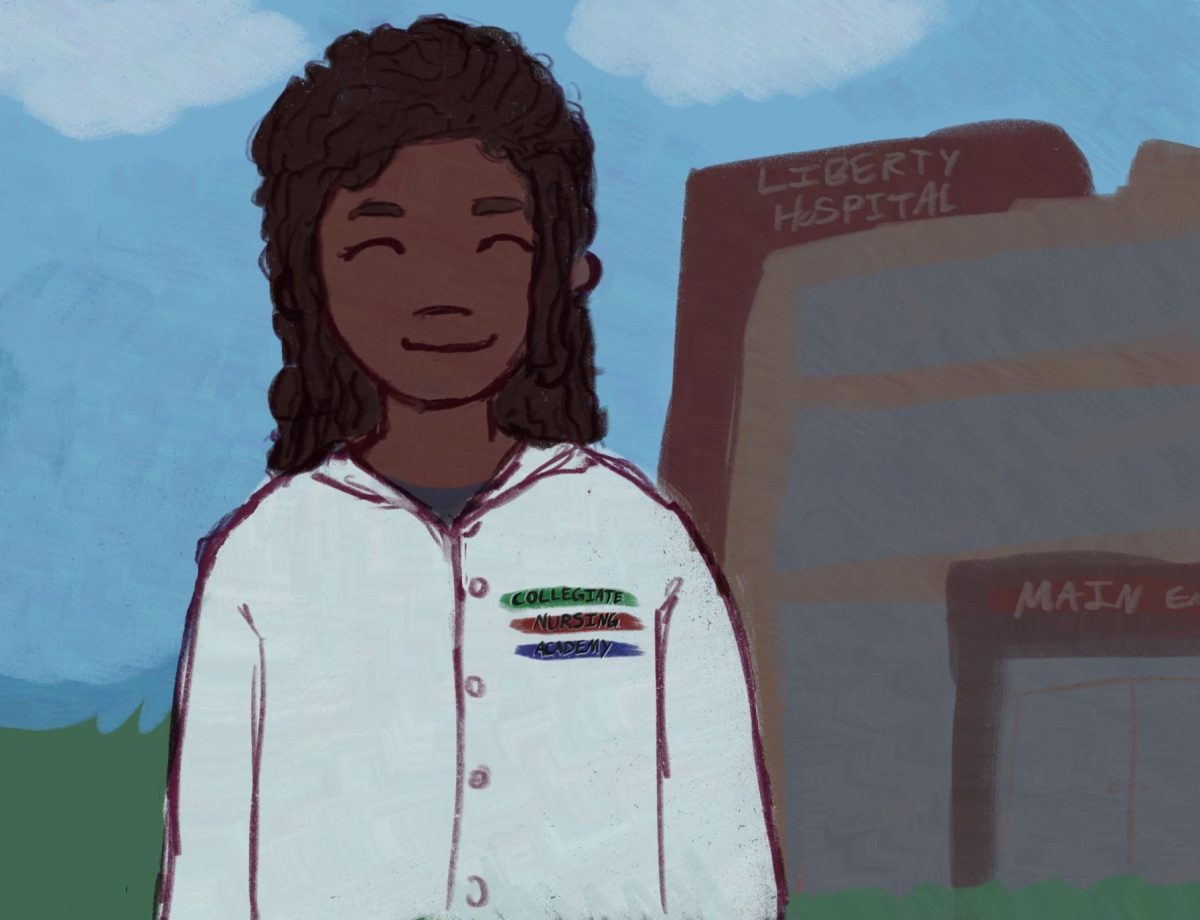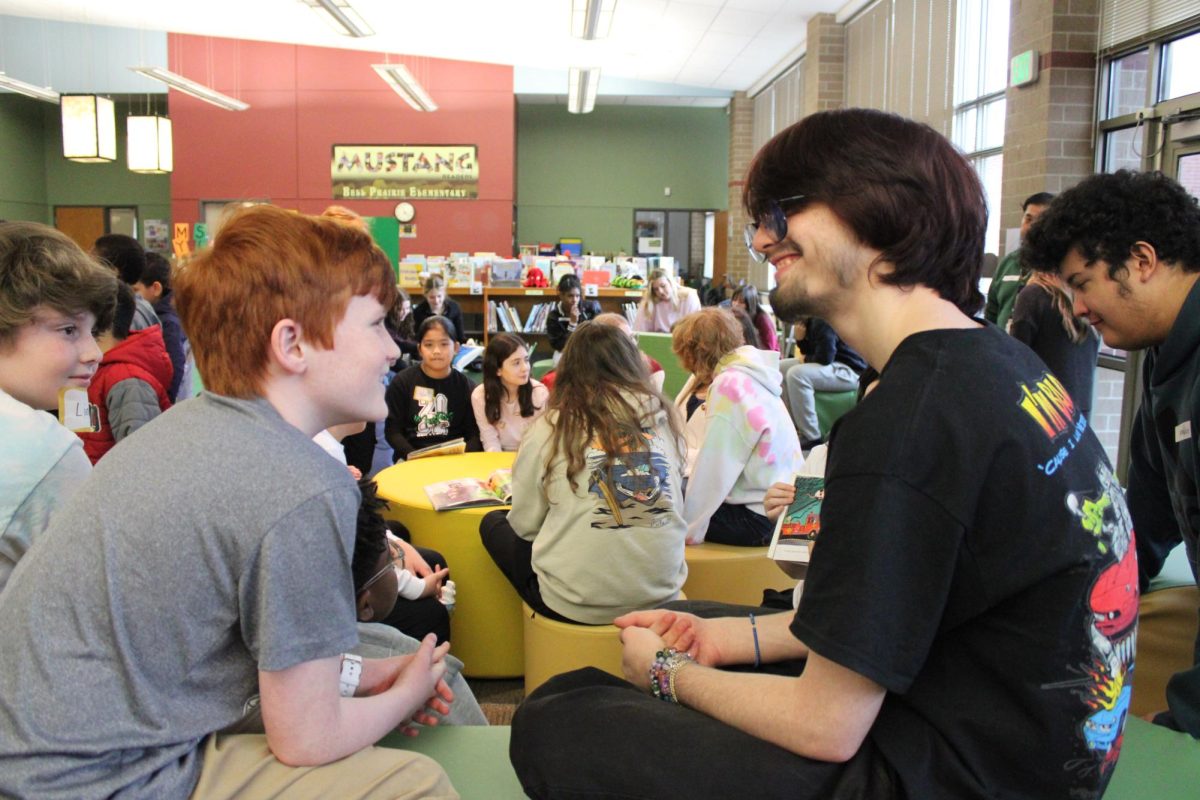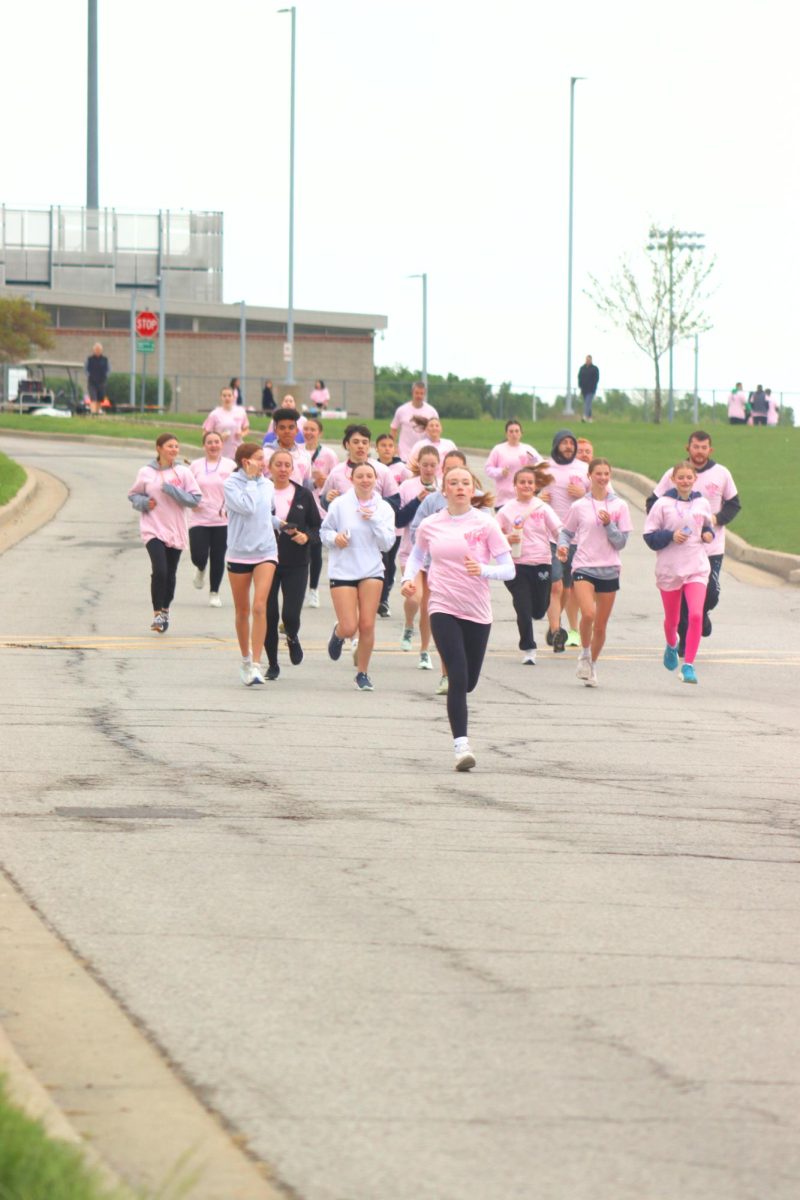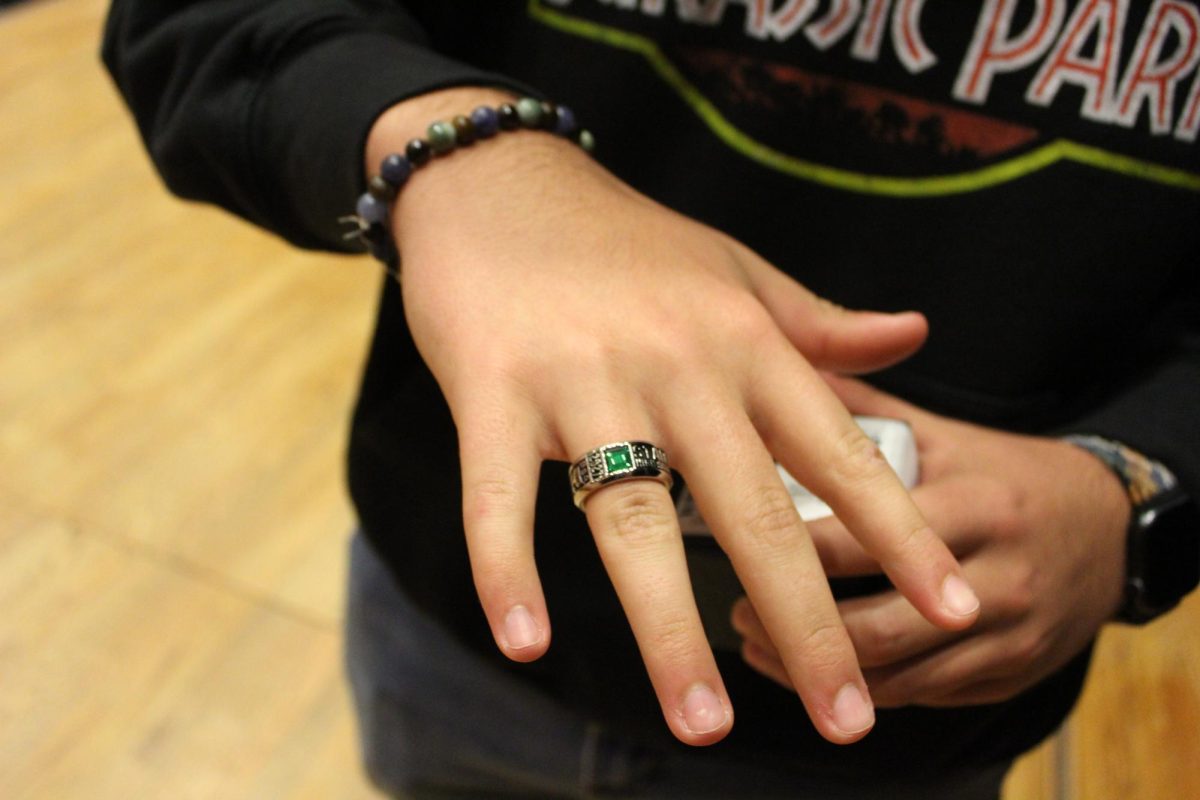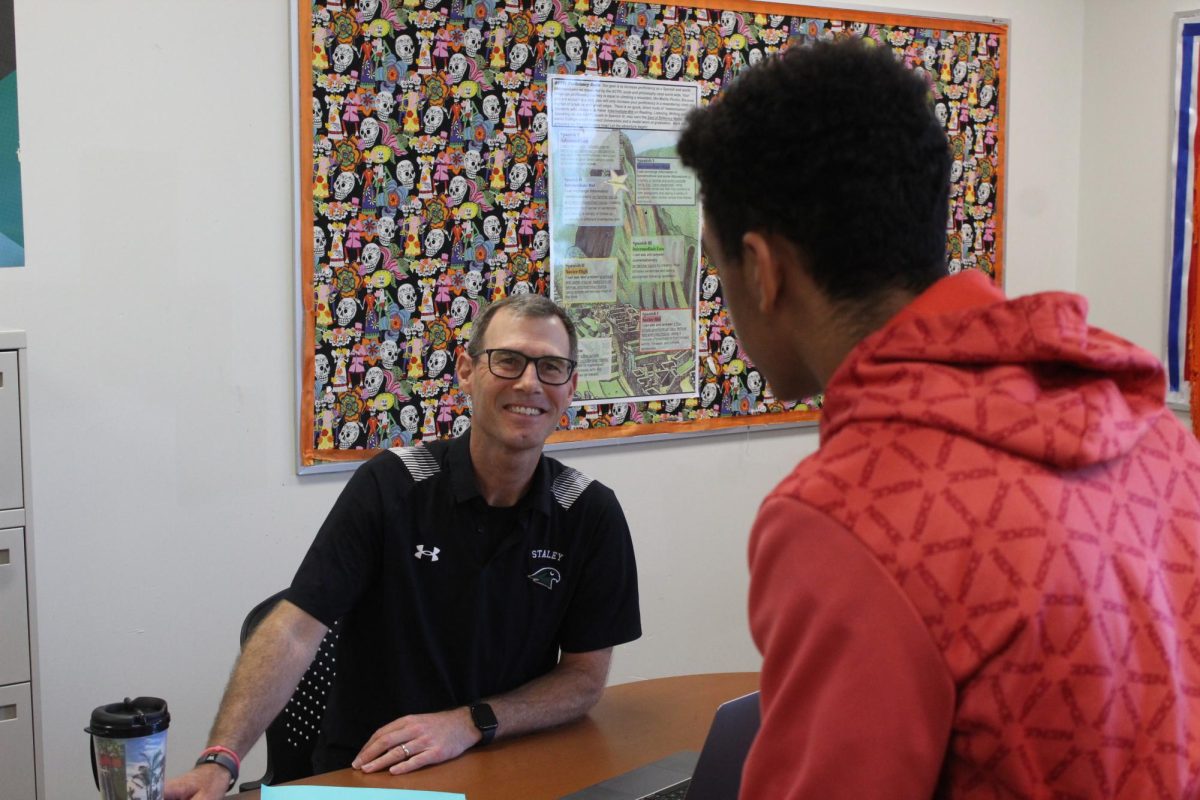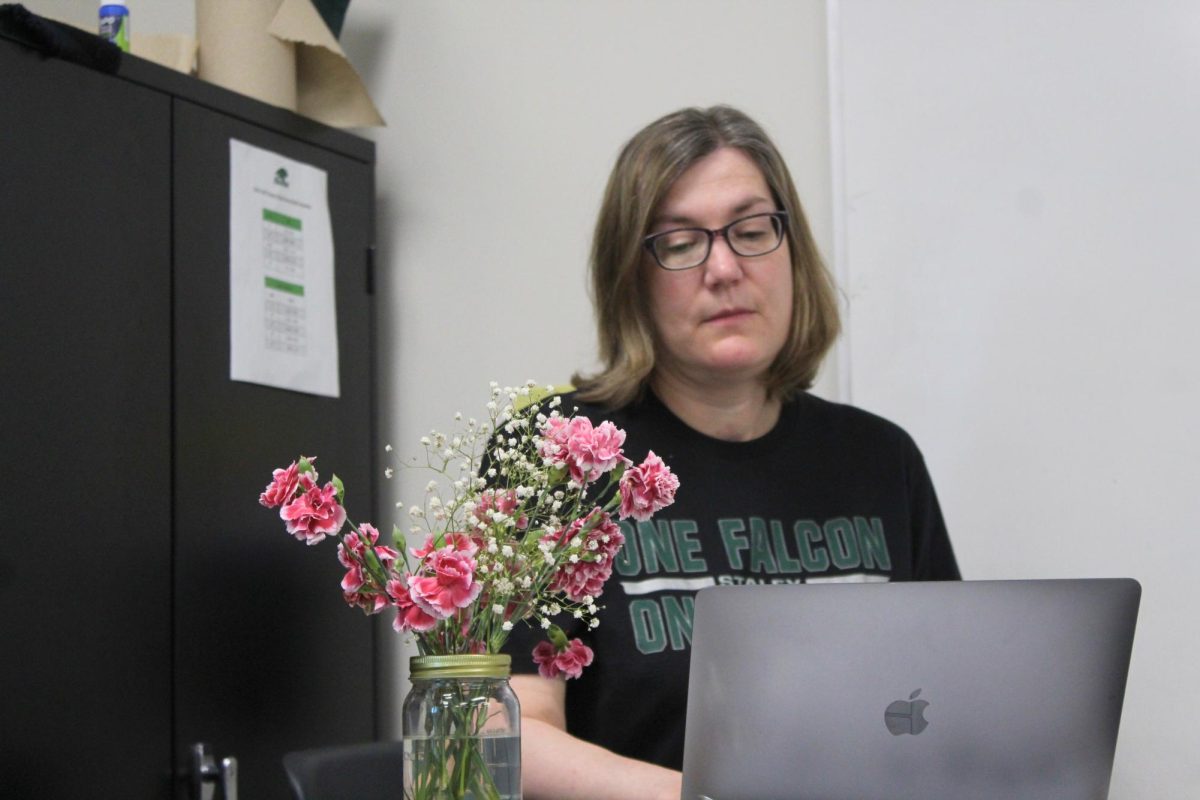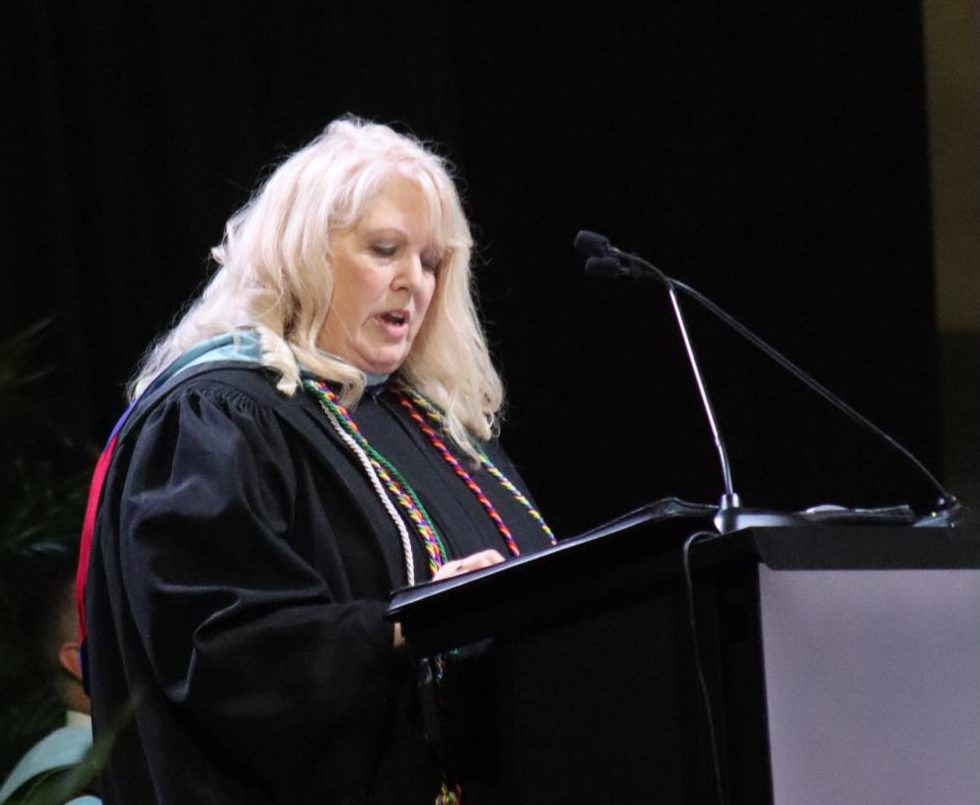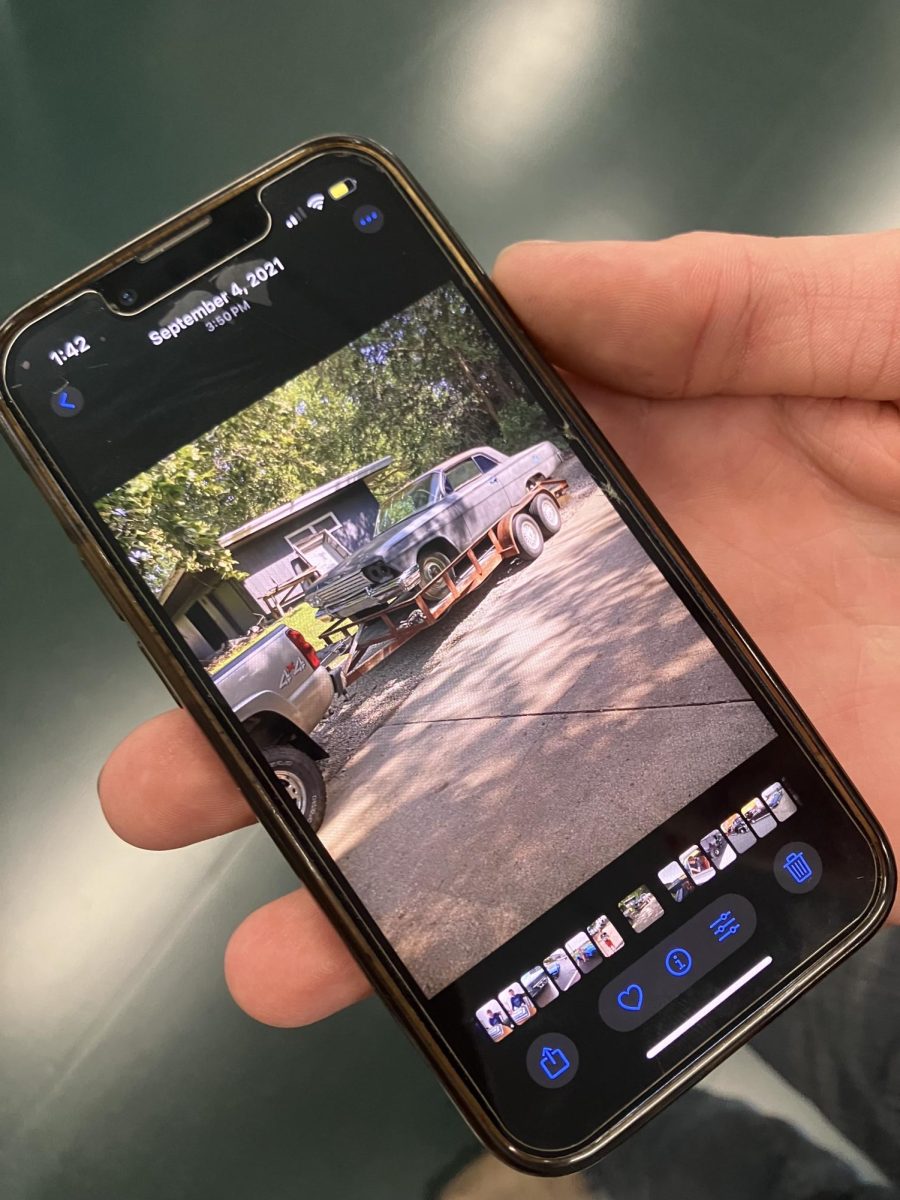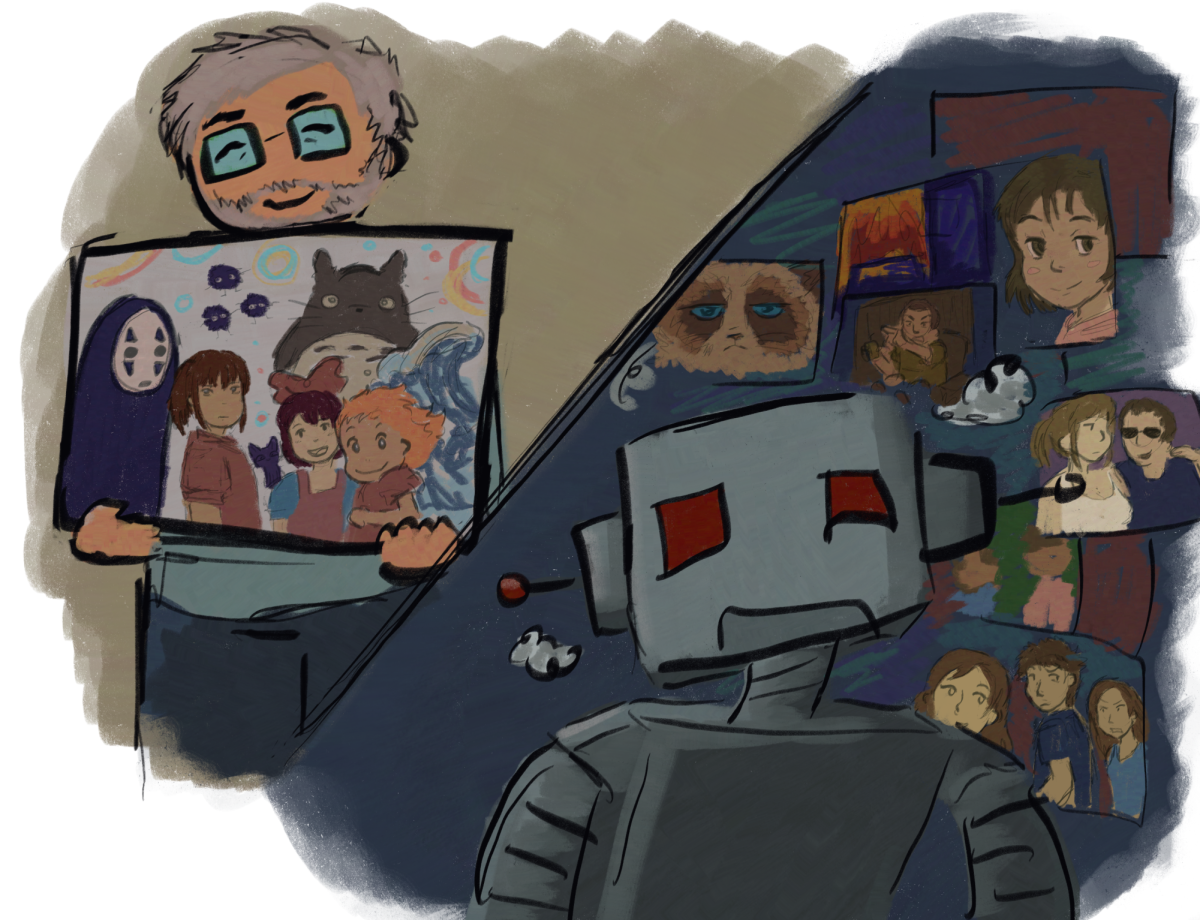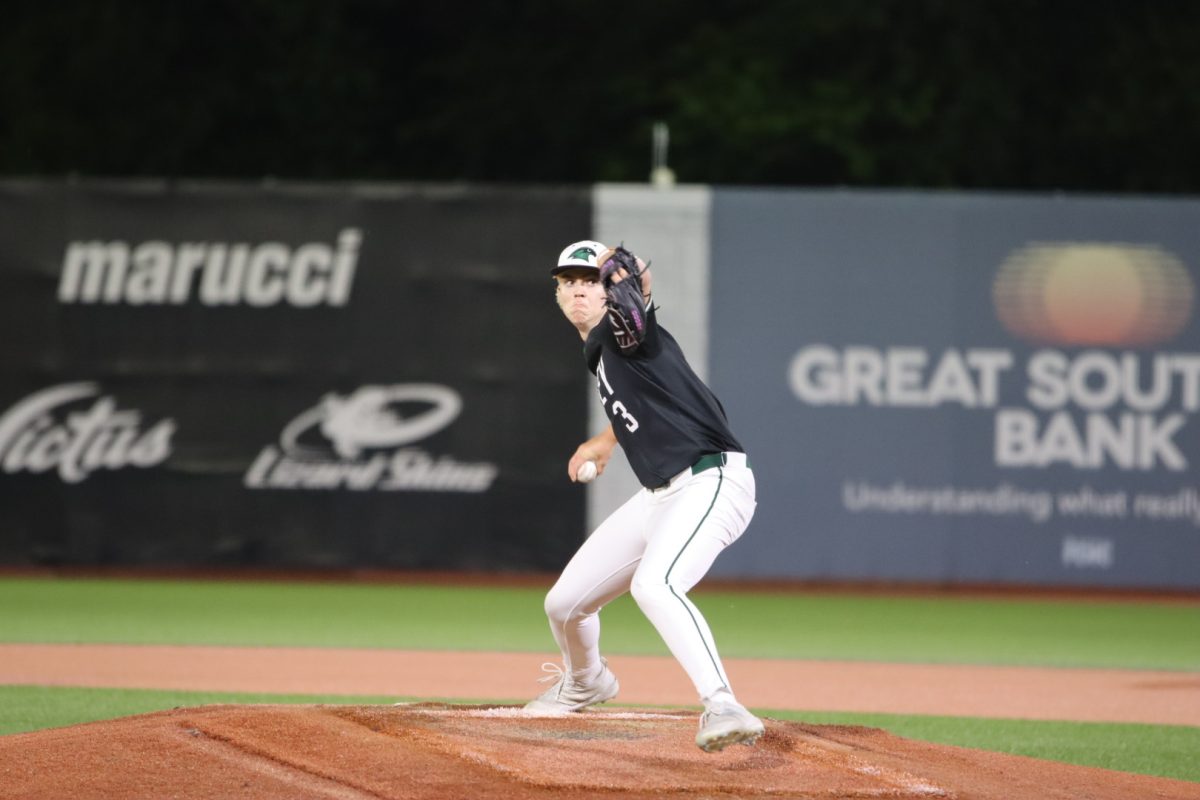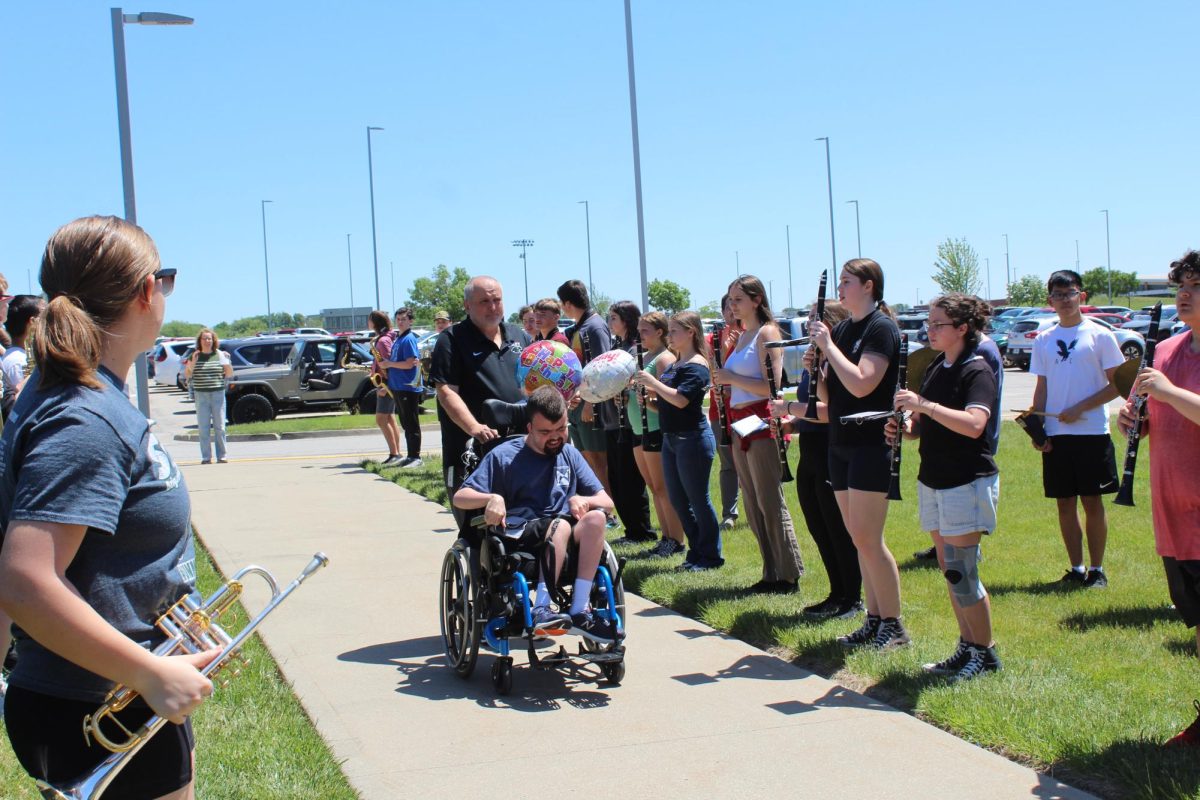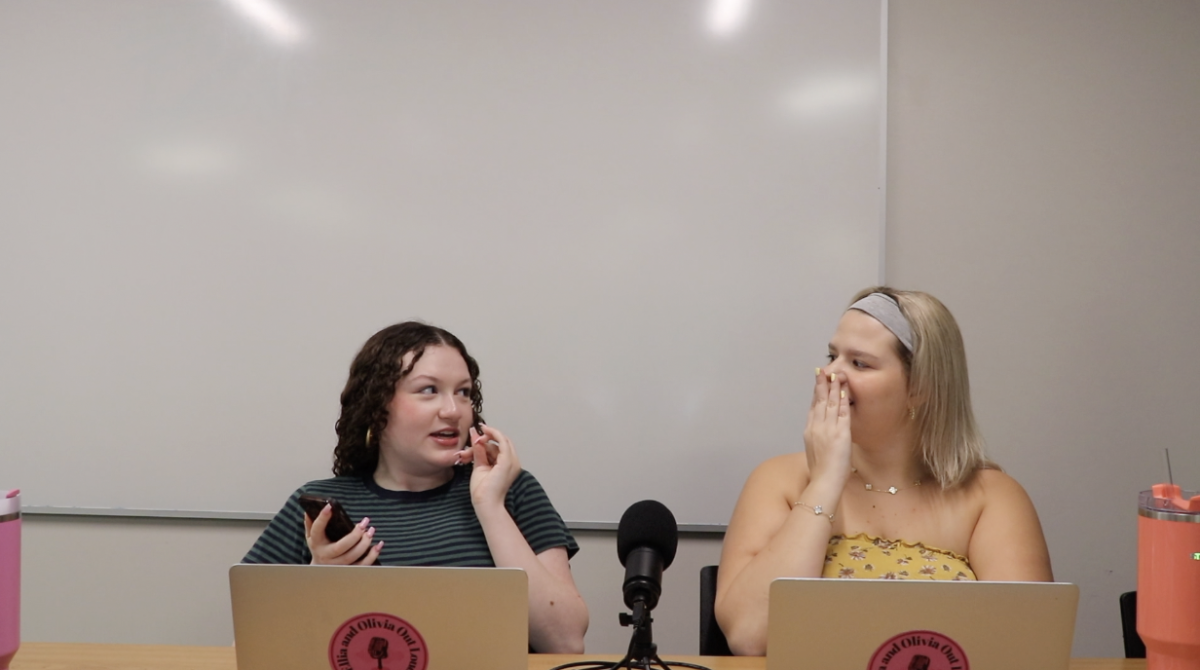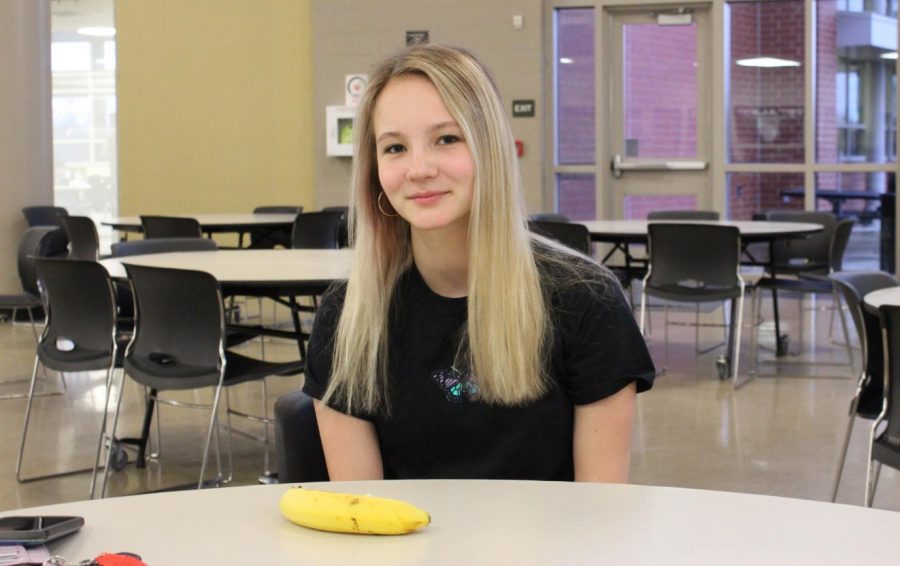Dealing with Diagnosis
Juniors stays positive, despite getting two auto-immune diseases
March 26, 2020
One of the aspects of high school is figuring out what you want to do when you graduate. But, junior Molly Hoffecker already had a plan for college after high school. She wanted to attend the United States Naval Academy.
During spring of Hoffecker’s sophomore year, she started to feel dizzy and sick while running. Then in the fall of her junior year, her conditions worsened, and she said she could barely run at all. She went to a doctor because she thought she might have an iron deficiency, something pretty common among female runners, according to the National Center for Biotechnology Information.
She was then diagnosed with Hashimoto’s disease, a thyroid autoimmune disease that happens when the thyroid doesn’t work properly. A few months later, she was also diagnosed with celiac disease, another autoimmune disease that develops from another untreated autoimmune disease. As a result of these diagnoses, Hoffecker couldn’t fulfill her plan of going to the Naval Academy because they disqualified her from being in the military.
“When I first got diagnosed with this, I was just in shock. They told me I was about to die because the disease got so far without being treated,” said Hoffecker.
Besides not being able to stick to her future career plan, other aspects of Hoffecker’s life were affected.
“I freaked out, and it caused a lot of anxiety. I started doing bad in school and started missing a lot of school for doctor appointments,” said Hoffecker.
Hoffecker had a procedure to test for the celiac’s disease. She said doctors took out some of her stomach lining to test it, which added stress to her already busy high school life. She could no longer eat gluten, which meant she had to check the labels on everything she ate.
She also took about five pills every day. Additionally, she had to get more sleep than the average teenager to be able to function. She couldn’t do the same amount of work as most high school students without becoming physically exhausted.
“I’m not able to do as much schoolwork because it’s hard to focus because my body’s trying to fight off all this stuff. It’s really hard to get work done and stay up with my grades,” said Hoffecker.
Hoffecker said her parents were very supportive when she was first diagnosed. They pushed her to find new goals when they all found out she couldn’t go to the naval academy.
“They’re definitely my biggest support system,” said Hoffecker. “And most of my friends are really nice about it and got on board with eating gluten free.”
Sophomore Molly Vavak is a friend of Hoffecker’s. Vavak said, “Molly had to miss a lot of school for doctors’ appointments, so whenever she needed notes or help with anything a lot of use were able to be there and help here. Also, going and eating at places with gluten free options, or eating gluten free with her so she didn’t have to eat alone or feel like she was different in any way.”
Hoffecker worked to change her mindset after the initial shock of learning about these diseases. She didn’t have a clear path on what she wanted to do after high school. She knew she wanted to go to college at the University of Missouri but not what she wanted to study. Even though her plans changed, she was still positive about the future.
“I just have to remind myself that other people have it way worse than me,” said Hoffecker. “This is life-changing, but it isn’t life-threatening. I can get past it knowing other people have cancer or something that prevents them from living life to the fullest. I can still live my life, and it doesn’t hold me back anymore.”

